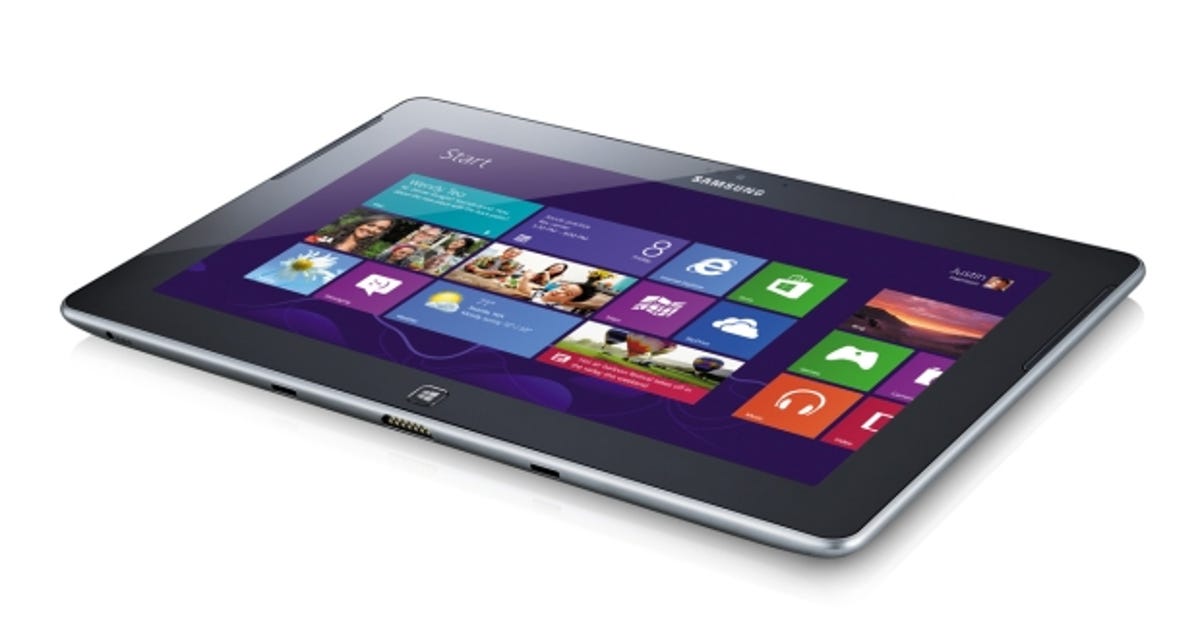
Samsung has ditched its Ativ Tab Windows RT tablet, blaming Microsoft for failing to explain Windows RT. The company will not sell the tablet, which it launched at IFA in August, in the US — and it’s not looking good for the UK either.
“There wasn’t really a very clear positioning of what Windows RT meant in the marketplace,” Samsung senior vice president Mike Abary told our sister site CNET.com, “what it stood for relative to Windows 8, that was being done in an effective manner to the consumer.
“We determined there was a lot of heavy lifting we still needed to do to educate the customer on what Windows RT was. And that heavy lifting was going to require pretty heavy investment.”
Samsung decided the Ativ Tab wasn’t a strong enough product to be worth all that marketing moolah, so won’t launch it in America.
I contacted Samsung to ask if it will come to the UK, but its representatives here couldn’t tell me either way at time of publication. I’ll update if I hear definitively, but it’s fair to say Samsung’s reasoning would hold true on this side of the Atlantic too.
Windows RT is a cut-down version of Windows 8 where you can only install apps from the Marketplace app store. ‘RT’ stands for Runtime, the Microsoft tool programmers use to make apps for the Marketplace — hardly a snappy, consumer-friendly term. Here’s a completely baffling chart MS created to explain the differences between RT and Windows 8.
Designed to run on the kinds of power-efficient ARM chips you find in phones and tablets, it’s a hybrid of proper Windows and Windows Phone. We found it confusing in Microsoft’s own Surface tablet, not least because Office runs in the old-fashioned desktop environment, which isn’t available for any other program.
Companies that make Windows devices, including Acer, Dell and HP, complained when the Surface was launched — why would you buy a very similar product from a company that doesn’t make the software? That’s not Samsung’s problem here. It’s made the product, and shown it off to journalists.
It’s saying Microsoft has done a terrible job of explaining to consumers what Windows RT is, and what it has to offer. There’s also an expectation that it would be cheaper than a full-fat Windows 8 tablet, but Samsung couldn’t make those sums add up — it didn’t want to release something underpowered, with less memory, Abary told CNET.com.
Does Samsung have a point? Would you rather use proper Windows, or are you disappointed there aren’t more RT devices around? Do you think it’ll harm the Marketplace if these kinds of devices aren’t successful? Take all the runtime you need in the comments, or over on our consumer-friendly Facebook page.




